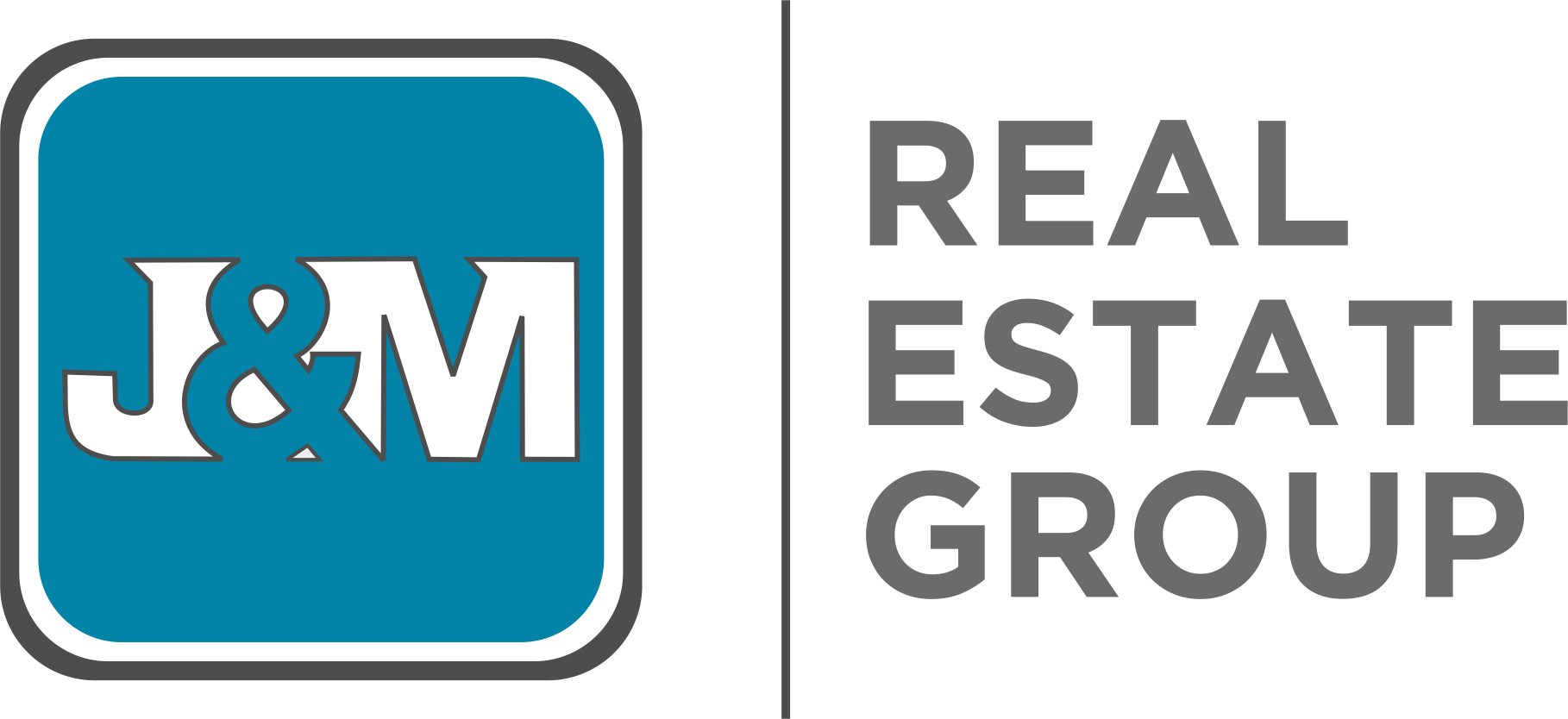Essential Property Management Strategies for Multi-Family Housing Success
Introduction
Managing multi-family housing effectively requires a blend of strategic planning, proactive management, and a deep understanding of tenant needs. Property owners and investors looking to maximize ROI and maintain a thriving property must implement core management practices that ensure tenant satisfaction, reduce turnover, and protect the asset’s value. In this article, we explore the essential strategies for successful multi-family housing management, from tenant screening to occupancy optimization.
1. Rigorous Tenant Screening
Selecting the right tenants is foundational to successful multi-family property management. Effective tenant screening reduces the likelihood of missed payments, property damage, and tenant conflicts, all of which can affect overall profitability.
- Background and Credit Checks: A thorough background check, including credit and criminal history, helps to identify responsible tenants with a history of paying on time.
- Employment Verification: Verifying employment and income provides insight into a tenant’s ability to afford rent consistently.
- Rental History: Speaking with previous landlords can offer valuable insights into a prospective tenant’s history with other properties, including payment reliability and any behavioral issues.
By enforcing a rigorous screening process, property managers can reduce turnover, prevent property damage, and cultivate a community of tenants who are invested in the property’s success.
2. Proactive Maintenance Scheduling
A well-maintained property not only attracts new tenants but also retains current ones by creating a comfortable and safe living environment. Regular maintenance reduces the risk of costly repairs, improves tenant satisfaction, and protects the long-term value of the property.
- Establish a Preventative Maintenance Schedule: Regularly schedule inspections and upkeep for key areas, such as HVAC systems, plumbing, electrical systems, and exterior landscaping. Preventative maintenance identifies potential issues early, preventing unexpected and often expensive repairs.
- Use Technology to Track Maintenance: Property management software can streamline maintenance tracking, ensuring no repairs slip through the cracks. Tenants can also submit maintenance requests online, allowing for a seamless and efficient resolution process.
- Plan for Seasonal Needs: Each season comes with its own maintenance demands. Preparing for weather-related tasks, like heating system checks in winter and landscaping in summer, helps properties stay in top condition year-round.
By implementing a proactive maintenance plan, property managers can reduce emergency repair costs, extend the lifespan of assets, and build trust with tenants.
3. Occupancy Rate Optimization
High occupancy rates are directly linked to profitability, making occupancy optimization a key strategy for multi-family housing success. Maintaining full or near-full occupancy ensures consistent cash flow and maximizes returns.
- Competitive Market Pricing: Regularly assess market rates to ensure rental prices are competitive yet profitable. Pricing too high can deter potential tenants, while pricing too low may result in missed revenue opportunities. Regularly conduct market analyses to keep rental prices in line with local trends.
- Incentives for Lease Renewals: Retaining existing tenants is often more cost-effective than finding new ones. Offering incentives, like a minor rent discount or complimentary services, for lease renewals encourages long-term tenants to stay, reducing vacancy rates and turnover costs.
- Effective Marketing and Outreach: Utilize digital marketing platforms, such as real estate listing websites, social media, and local community boards, to reach potential tenants. High-quality property photos and detailed descriptions also make a significant difference in attracting qualified applicants.
Occupancy optimization involves both attracting new tenants and retaining current ones, creating a stable and profitable tenant base.
4. Building Strong Tenant Relationships
Effective communication and relationship-building are essential for tenant satisfaction. Tenants who feel valued and respected are more likely to renew their leases, reducing turnover and maintaining a sense of community within the property.
- Consistent and Open Communication: Regular updates about property maintenance, changes in policy, or upcoming community events show tenants that management is proactive and invested in their well-being. Encourage tenants to share feedback and respond to concerns promptly to build a positive rapport.
- Resident Engagement Initiatives: Consider hosting occasional community events, such as seasonal gatherings or property clean-up days, to create a sense of community among tenants. A strong community atmosphere often leads to better tenant retention and positive word-of-mouth referrals.
- Customer Service Training for Staff: Property management staff who interact with tenants should be trained to handle issues professionally and courteously. Resolving tenant concerns efficiently and kindly can improve overall tenant satisfaction.
Building positive tenant relationships not only reduces turnover but also contributes to a welcoming and thriving community environment.
5. Data-Driven Decision Making
Leveraging data allows property managers to make informed decisions that enhance property performance, optimize tenant satisfaction, and boost profitability.
- Analyze Occupancy Trends: Track occupancy rates over time to understand seasonal trends or potential dips. This insight can help in adjusting marketing efforts or exploring promotions during slower seasons.
- Monitor Maintenance Costs and Effectiveness: Track the costs of recurring maintenance issues and evaluate whether preventive actions or system upgrades would reduce long-term expenses. Data can reveal which areas of the property require more attention, leading to cost-effective solutions.
- Tenant Feedback and Satisfaction Metrics: Use surveys or other feedback tools to gauge tenant satisfaction. Regularly reviewing tenant feedback can help identify areas for improvement, enhancing tenant retention.
Data-driven decision-making empowers property managers to fine-tune strategies for optimal efficiency and profitability, aligning with the long-term goals of property owners and investors.
6. Staying Updated on Industry Regulations and Compliance
Compliance with local, state, and federal regulations is essential in multi-family housing management, ensuring both the safety of tenants and the legality of operations.
- Regular Compliance Audits: Conduct annual or bi-annual audits to verify compliance with housing codes, safety regulations, and fair housing laws. Proactive audits reduce the risk of costly legal issues and fines.
- Staff Training on Regulations: Ensure all team members are knowledgeable about current laws affecting multi-family housing. Regular training helps avoid accidental violations and keeps operations running smoothly.
- Working with Legal Advisors: Partner with a real estate attorney who can provide updates on new regulations and assist with legal documentation. A legal advisor is invaluable for handling evictions, lease disputes, and regulatory questions.
Keeping up with industry regulations helps avoid legal complications and enhances trust with tenants, positioning the property as a safe and reliable housing option.
Conclusion
Implementing these essential property management strategies will improve multi-family housing operations, enhance tenant satisfaction, and optimize profitability. From thorough tenant screening to data-driven decision-making, these approaches provide a solid foundation for successful multi-family property management.
By prioritizing preventative maintenance, optimizing occupancy rates, and building strong tenant relationships, J & M Real Estate Group & Property Management can help multi-family property owners achieve their investment goals.
Contact Us
Ready to elevate your multi-family property management strategy? Contact us for a free consultation to discuss how we can help you achieve your property goals. Our team of experts is here to support you at every step of your investment journey.
















